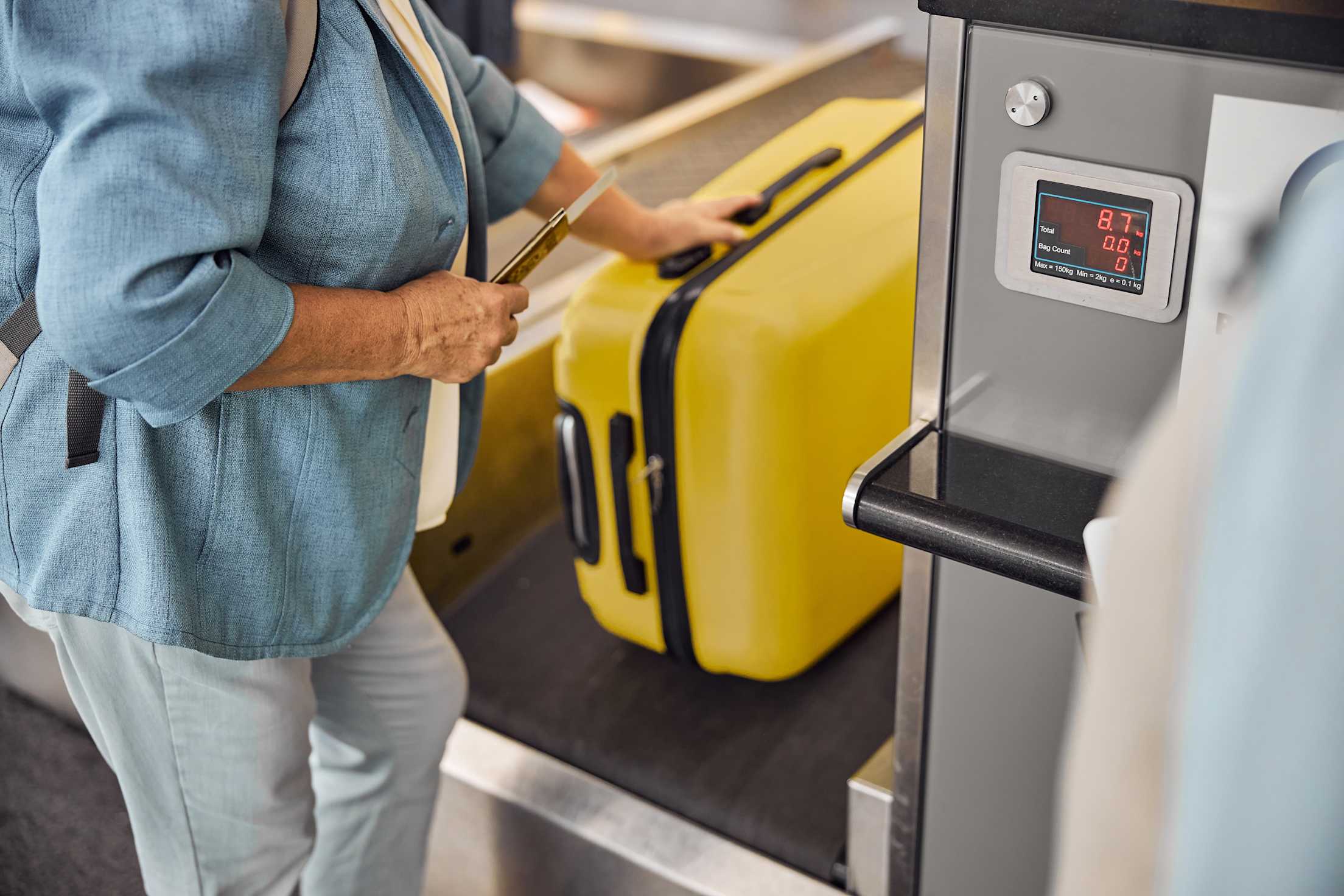
How to Avoid Unexpected Travel Expenses
Stave off sticker shock when flying, cruising, calling home, and more.

Many of us know the sensation: You look at your bill, and suddenly everything feels unreal. The number at the bottom seems mythically large. The charges must have come from a parallel dimension in which you spent your entire trip talking on the phone, getting mysterious services you can’t recall, and tipping people you never met.
When you’re traveling, some fees are inevitable, and all you can do is budget for them so you can face your bill with Zen-like composure. Other hidden expenses are avoidable—if you know what to look for and take savvy steps ahead of time.
Get smart about resort fees.
At some resorts, the staff welcomes guests with piping-hot muffins as they wax rhapsodic about included amenities such as gym access, jacuzzis, and Wi-fi. But in many cases you’re paying for these “complimentary” benefits in the form of a mandatory resort fee. According to the American Hotel and Lodging Association, about 6 percent of hotels charge resort fees, also known as destination fees. They generally run around $25 to $50 per day but may rise into the hundreds of dollars at ultra-luxury retreats. These costs can include the expected amenities but also bizarre perks like coconut husking, bedside white noise machines, and filtered tap water.
If you’re comparing the prices of properties or package deals, always check the fine print to see if you’ll need to pay resort fees and what those expenses include. A bargain package may turn out to be more expensive than another option if you’re surprised by hotel fees when you check out. Keep in mind that some posh resorts don’t charge resort fees, while some ho-hum hotels do. To avoid resort fees, consider joining a hotel’s loyalty program, applying for a resort brand credit card, or getting a flexible travel credit card. In some cases, these programs and cards allow you to waive resort fees or trade points for incidental costs including resort fees. But again, it’s essential to read the fine print, because the rules and benefits differ widely.

Rein in roaming charges.
One in six American cell phone users have suffered “bill shock” over an unexpected upsurge in their monthly costs, according to the Federal Communications Commission. A common culprit is international roaming fees. To avoid a bill bombshell, talk to your cell phone company before you travel to explore your options. Some companies automatically charge a $10 international roaming fee each day for a maximum of 10 days per billing cycle; others charge $10 a day for however many days you’re abroad. Costs and data limits may vary by country, so be sure to inform your company about all the countries you’ll be visiting.
If you’ll be traveling for an extended time and you have an unlocked cell phone, it may be cheaper to get a new physical SIM or eSIM card for the duration of your trip. You can purchase a SIM card abroad with a pay-as-you-go plan that may work for one country or an entire region. Alternatively, apps such as Airalo offer eSIM plans for numerous nations and regions around the world.
Steer clear of excess rental car costs.
Renting a car at the airport costs about 26 percent more than picking up the vehicle from a downtown rental location, according to an analysis from NerdWallet. Naturally, you’ll have to factor in the cost of commuting to the rental site, but it’s sometimes possible to return the car to the company’s airport location at no extra charge.
The rental company may encourage you to purchase an insurance package to cover potential damage to the vehicle. It’s important to check beforehand whether you’re already covered for car rentals through your personal auto insurance policy, the credit card you’re using to pay for the rental, and/or any travel insurance you may have purchased. Also, be sure to fill the gas tank before you return the vehicle. If you don’t, the company may charge you more than the cost of gas at an average station, plus a service fee, to top up the tank.

Ditch luggage fees.
Airlines sometimes lure you with cheap prices that you can only get if you fly with nothing more than a purse. If you want to do something radical like wearing clothes in your destination, you may have to pay around $30 or more each way per checked bag. The cost of oversized or overweight bags could set you back an even heftier $100 to $450 per bag each way.
There’s no one-size-fits-all way to avoid baggage fees. Some airlines do not charge for checking luggage, while others have different rules for different destinations. So, when you’re shopping around for flights, it’s essential to determine the total price including baggage fees and other costs such as taxes and seat reservation fees. Check each airline’s allowances for luggage size and weight, and weigh your bag ahead of time. It’s almost always cheaper to pay baggage fees in advance. Also note that many airline credit cards and some non-airline credit cards offer free checked bag benefits.
Forgo foreign transaction fees.
If you frequently travel internationally or plan to make large expenditures abroad, you may be shelling out a lot of money in foreign transaction fees. These typically run about 1 to 3 percent of the purchase amount, but they can be even higher. It may be worthwhile to apply for a credit card that does not charge a foreign transaction fee; many travel rewards cards offer this perk. You may also want to get a checking account and debit card that are free of foreign transaction fees.

Navigate hidden cruise costs.
When you log onto a cruise line’s website, you’ll typically see banners announcing things like “Cruises starting from $279!” But before you get too excited, consider all the additional costs—some mandatory, some avoidable. The starting fee usually represents the cost per person based on two people in an interior cabin that the cruise line will choose for you. If you want to select your room, if you’d like an ocean view, and if you have a different number of people in the room, each of those factors will add to the price. On top of that, you’ll need to pay taxes and port fees, which may cost $100 to $200 or more. (Even if you see a “kids sail free” ad, you’ll still have to pay taxes and port fees for each child.)
Once you’re onboard, cruises aren’t as all-inclusive as you might think. While most meals in the main dining rooms are included, you’ll pay extra for luxury menu items and at specialty restaurants. Some cruise lines include drip coffee, tea, and juice but not soda, bottled water, specialty coffee drinks, and alcohol. Depending on what you imbibe, purchasing a drinks package in advance may be a more wallet-friendly option. Also be aware that room service delivery used to be free, but many ships now charge around $8 per order. Plus, most cruise lines automatically tack on service fees or gratuity charges, which can run around $15 to $25 per person, per day.
Though many onboard activities are included, many others—like laser tag, go-karts, IMAX theater shows, and yoga classes—may cost extra. In addition, onboard Wi-fi could cost around $13 to $22 per person, per day. To avoid this fee, you could go on an internet diet on the ship and then connect in the port terminals or cafes, which often offer free Wi-fi. If you anticipate spending a chunk of change on all these incidentals, consider a luxury cruise or river cruise line. These cost more up front, but they often include amenities like drinks, gratuities, and on-shore excursions, so the final cost may be a better deal.